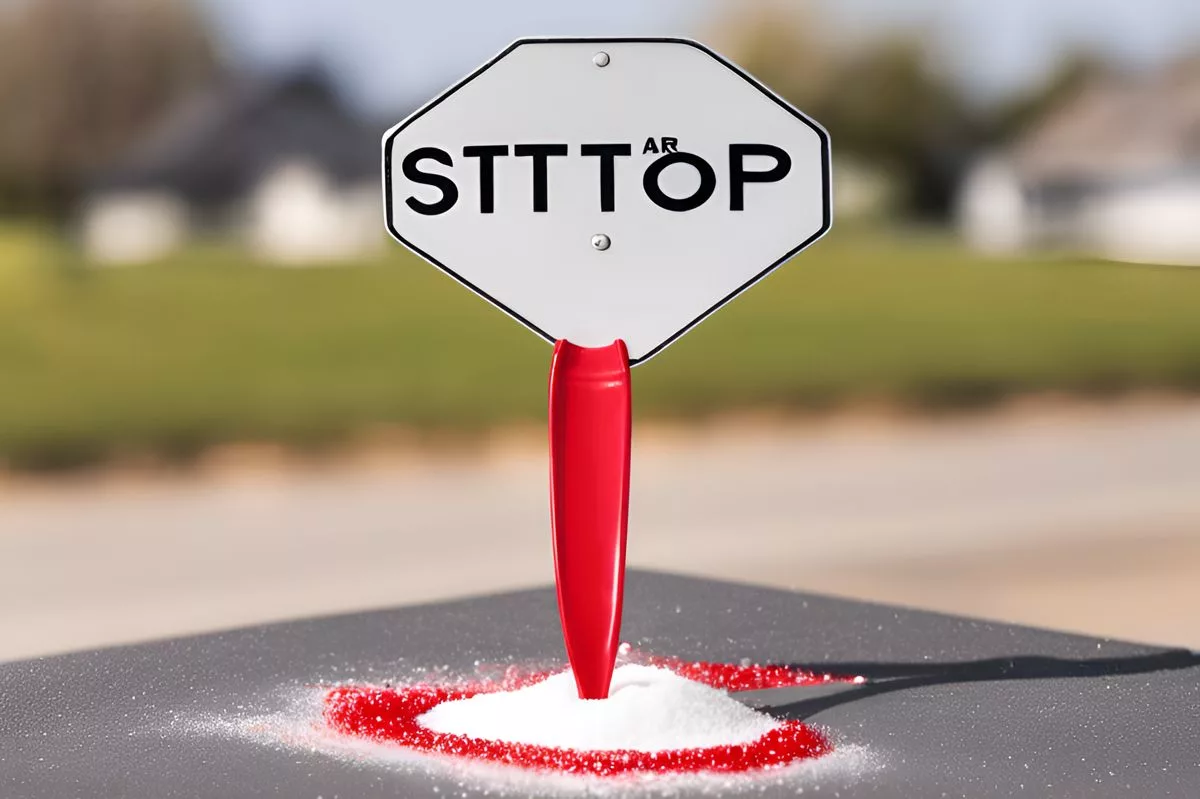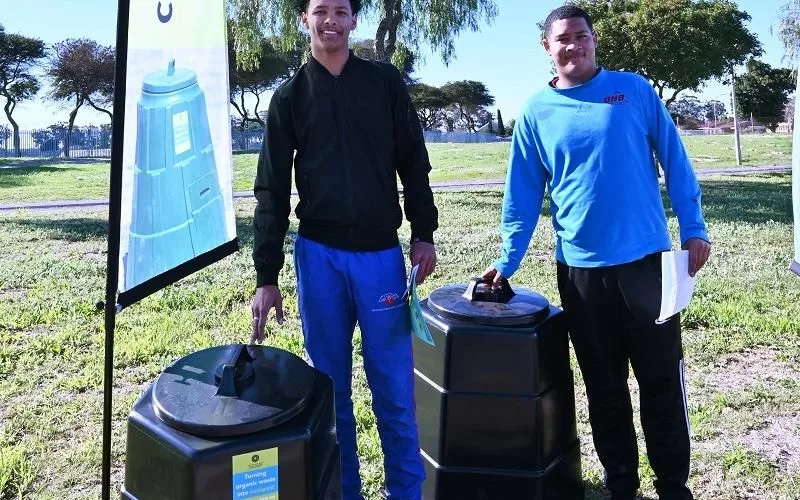Nestlé has come under fire for its marketing of sugar-laden infant food products, with high sugar content found in some of their products in certain countries. This has led to concerns about rising obesity rates among children in low- and middle-income countries. Investigations by Swiss-based research organization Public Eye revealed the discrepancy, with the World Health Organisation calling for a ban on added sugar in products for babies and infants under three years old. The scandal highlights the urgent need for a holistic and ethical approach to food production that prioritizes public health over profit margins.
Nestlé’s Misleading Marketing of Sugar-Laden Infant Food Products
Nestlé, a major player in the global baby-food market, is facing accusations of misleading marketing after high sugar content was found in some of their infant food products in certain countries. Investigations by Swiss-based research organization Public Eye revealed the discrepancy, leading to concerns about rising obesity rates among children in low- and middle-income countries. The World Health Organisation has called for a ban on added sugar in products for babies and infants under three years old.
The Swiss multinational food corporation Nestlé, responsible for approximately 20% of the world’s baby-food market, finds itself embroiled in a contentious scandal. Accusations revolve around the misleading marketing of sugar-laden infant food products in South Africa, while promoting them as free from added sugar.
Unearthing the Deception: A Deep Dive into the Baby Food Controversy
This startling revelation stems from rigorous investigations conducted by Public Eye, a Swiss-based research organization. They meticulously analyzed samples of Nestlé’s infant food products sourced from various geographical regions such as Asia, Africa, and Latin America. The analysis, performed in a Belgian laboratory, unveiled disturbing results. High sugar content was observed in baby food products in countries like the Philippines, South Africa, and Thailand.
However, this was not a common occurrence across all markets. In countries like Switzerland, Germany, France, and the UK, the same products did not contain any added sugar. A notable example is Nestlé’s biscuit-flavored cereals designed for infants over six months old. In South Africa, this product contained 6g of added sugar. However, this cereal was sold sugar-free in Switzerland, Nestlé’s home country.
The revelations didn’t stop there. Nestlé’s Cerelac wheat cereal, touted as a nutrition-rich food for infants, was found to have higher sugar content in product variants sold in South Africa. This product is considered vital for the nourishment of babies.
Consequences and Questions: The Impact and Implications
The implications of these findings are profound, bearing in mind the rising obesity rates among children in low-and middle-income countries, especially in Africa. The preference for sweet foods, which can result from the intake of added sugars at an early age, exacerbates this issue. This unhealthy preference can heighten the risk of obesity and related health problems such as diabetes, cancer, joint difficulties, and cardiovascular diseases in later years.
In response to the growing concern, the World Health Organisation (WHO) has flagged this issue, advocating for a ban on added sugar in products meant for babies and infants under three years old. However, it appears that corporations like Nestlé are yet to adapt their policies to align with these recommendations.
One might wonder why multinational corporations like Nestlé would target low-income countries by distributing such products. The potential explanation could be the substantial sway these corporations have over public health policies, achieved through lobbying and financial backing of political parties. This intricate relationship provides policymakers with a reason to align their choices with commercial interests, often to the detriment of public health.
Policy-makers in low-and middle-income countries find themselves in a predicament. They need to balance prospective economic growth opportunities with the harmful health effects of endorsing such products. Meanwhile, high-income countries typically have stricter regulations for baby food products, as evidenced by the EU directive on processed cereal-based foods and the Swiss Nutrition Policy.
Beyond Health Concerns: A Call for Ethical Practices
Nestlé’s baby-food market, estimated to be worth nearly $70 billion, is not only under critical review for health concerns. Other issues such as the humane treatment of animals, the use of genetically modified foods, and social and environmental justice are also in focus. Therefore, this scandal highlights the urgent need for a holistic and ethical approach to food production. Such an approach should prioritize public health over profit margins.
What is Nestlé being accused of in regards to their infant food products?
Nestlé is being accused of misleading marketing after high sugar content was found in some of their infant food products in certain countries.
What are the implications of the high sugar content in Nestlé’s infant food products?
The implications of high sugar content in infant food products include a preference for sweet foods leading to a higher risk of obesity and related health problems such as diabetes, cancer, joint difficulties, and cardiovascular diseases in later years.
What has the World Health Organisation called for in response to Nestlé’s infant food product controversy?
The World Health Organisation has called for a ban on added sugar in products meant for babies and infants under three years old.
Why do low-income countries receive Nestlé’s products with high sugar content in their infant food products?
Multinational corporations like Nestlé target low-income countries by distributing such products because they hold substantial sway over public health policies, achieved through lobbying and financial backing of political parties.
What is the estimated worth of Nestlé’s baby-food market?
Nestlé’s baby-food market is estimated to be worth nearly $70 billion.
What is the urgent need highlighted by the scandal surrounding Nestlé’s infant food products?
The scandal highlights the urgent need for a holistic and ethical approach to food production that prioritizes public health over profit margins.








